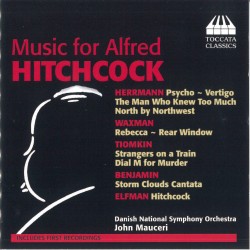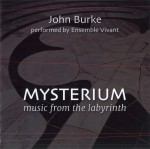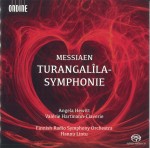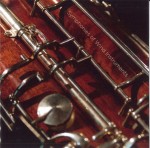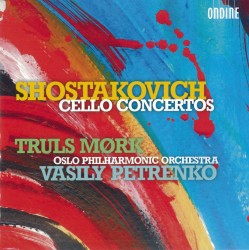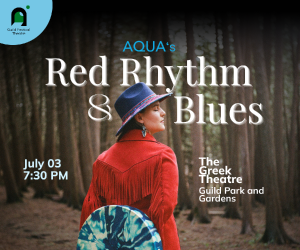Edward Gregson – Dream Song; Aztec Dances; Horn Concerto; Concerto for Orchestra
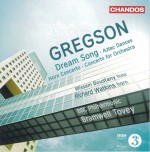 Edward Gregson – Dream Song; Aztec Dances; Horn Concerto; Concerto for Orchestra
Edward Gregson – Dream Song; Aztec Dances; Horn Concerto; Concerto for Orchestra
Wissam Boustany; Richard Watkins; BBC Philharmonic; Bramwell Tovey
Chandos CHAN 10822
Bramwell Tovey, conductor of many premieres with the Vancouver and Winnipeg Symphonies as well as abroad, guides the BBC Symphony in stunning performances of compositions by English composer Edward Gregson (b.1945). Gregson’s music speaks in a cosmopolitan 20th-century vernacular. He acknowledges influences of Shostakovich and Berg (both Mahler admirers), advantageous in Dream Song (2010) since the work is a “dream” of Mahler’s sixth symphony. From the opening complex chord “clap” Gregson demonstrates mastery of harmony and orchestration. Though abounding with Mahlerian references, the work sets up a contemporary sound world. My reservation is this: after Berio, Foss, Colgrass, Rochberg and others, neither quotation nor dream frame remain as intriguing.
The ritualistic Aztec Dances evolved from earlier versions, reaching ensemble proportions in its 2013 incarnation for flute and 14 instruments. In a brilliant performance, flutist Wissam Boustany’s tone quality is commanding, his articulation sharp and his effects palette eerie. Gregson composed his Horn Concerto (1971) for the distinguished Ifor Jones and his Besses o’ th’ BarnBbrass Band. The strings and winds on this disc’s 2012 orchestrated version provide additional contrast in support of Richard Watkins’ virtuosic yet sensitive horn. Concerto for Orchestra (2001) also achieved its current form after revisions; I found myself no longer worrying about influences, revisions, the breaking-or-not of new ground, etc., but simply sitting back to listen and admire a significant composer and a passionate conductor with a wonderful orchestra and soloists.


